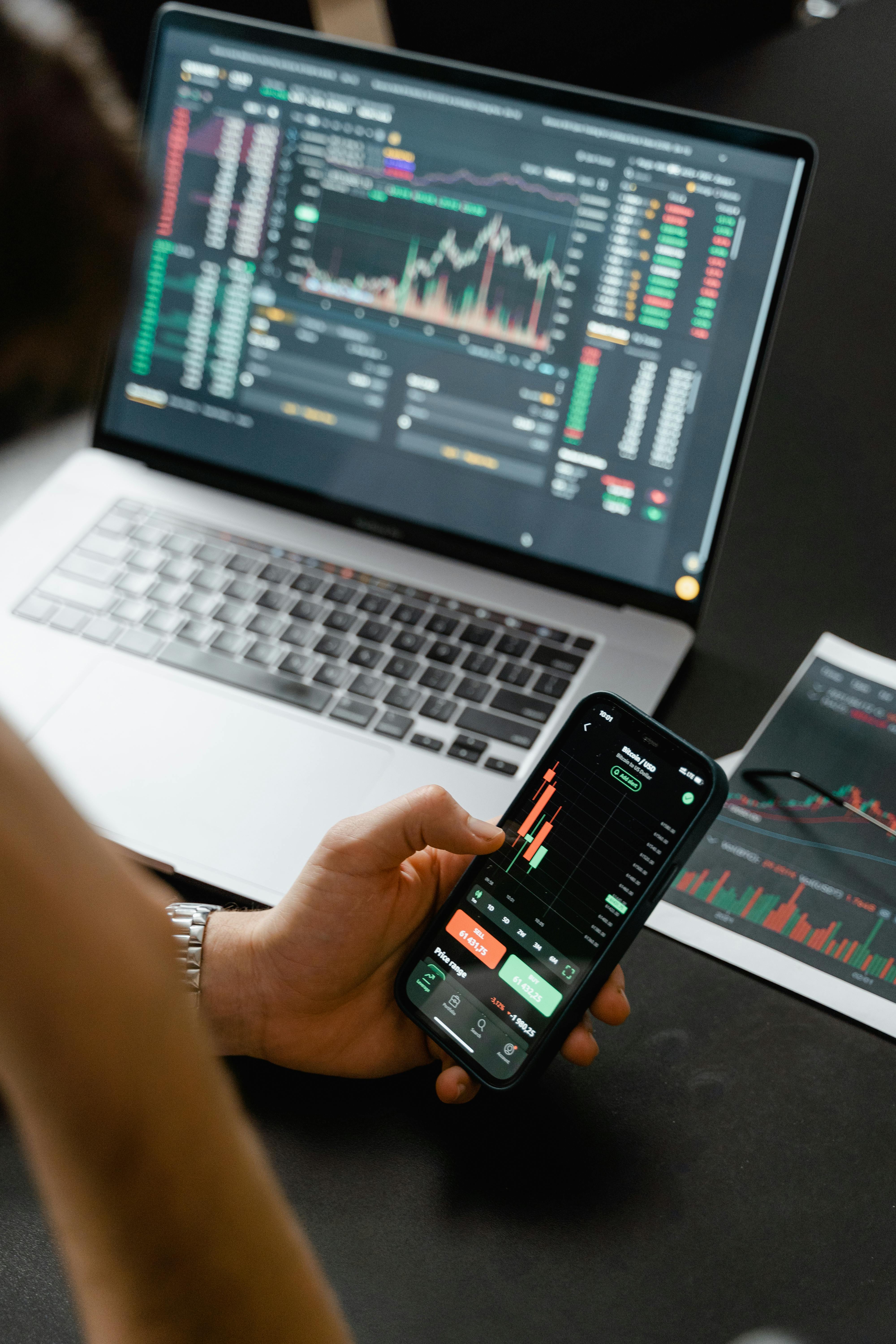
NFTs: Bridging Digital and Physical Assets in the Blockchain Ecosystem
NFTs: Bridging Digital and Physical Assets in the Blockchain Ecosystem
The Evolving Landscape of Real-World Asset Tokenization
The intersection of Non-Fungible Tokens (NFTs) and real-world assets (RWAs) represents a groundbreaking technological frontier that is fundamentally transforming how we conceptualize ownership, transfer, and fractional investment in physical and digital assets. As blockchain technology continues to mature, the ability to create digital representations of tangible assets has emerged as a powerful mechanism for increasing liquidity, transparency, and accessibility across multiple industries.
Understanding Real-World Asset Tokenization
Real-world asset tokenization involves converting the rights to a physical asset into a digital token on a blockchain network. This process enables fractional ownership, enhanced liquidity, and more efficient transfer mechanisms for assets that have traditionally been difficult to divide or trade. From real estate and artwork to intellectual property and luxury goods, tokenization through NFTs is creating unprecedented opportunities for global investors and asset owners.
Top Protocols in RWA Tokenization
1. Securitize
A leading blockchain platform specializing in digital securities and RWA tokenization, Securitize has been instrumental in creating compliant digital asset management solutions. The platform provides end-to-end infrastructure for tokenizing and managing complex asset classes.
2. Harbor
Focused on regulated asset tokenization, Harbor offers comprehensive compliance and governance frameworks for converting real-world assets into digital securities. Their platform emphasizes regulatory adherence across multiple jurisdictions.
3. RealT
Specializing in real estate tokenization, RealT allows investors to purchase fractional ownership in residential and commercial properties through blockchain-based tokens, democratizing real estate investment.
Legal Frameworks and Jurisdictional Considerations
The legal landscape for RWA tokenization varies significantly across different jurisdictions. Countries like Switzerland and Liechtenstein have developed progressive regulatory environments that provide clear guidelines for digital asset management. The United States maintains a complex regulatory approach through SEC guidelines, while offshore jurisdictions like the British Virgin Islands and Cayman Islands offer more flexible frameworks for digital asset creation.
Market Analytics: RWA Tokenization Trends
| Year | Total RWA Tokenization Volume | Estimated Market Growth |
|---|---|---|
| 2022 | $500 Million | 35% |
| 2023 | $1.2 Billion | 140% |
| 2024 (Projected) | $3.5 Billion | 192% |
Source: Blockchain Research Institute, 2024 Global RWA Report
Technological Implications
Blockchain technology enables unprecedented transparency and immutability in asset ownership records. Smart contracts can automate complex ownership transfer mechanisms, dividend distributions, and compliance checks, reducing intermediary costs and increasing operational efficiency.
Future of NFT and RWA Integration
The future of NFT-based asset tokenization lies in creating seamless, interoperable ecosystems that can represent increasingly complex asset classes. Machine learning, advanced cryptographic techniques, and enhanced blockchain scalability will play crucial roles in expanding the potential of digital asset representation.
RWA.codes: Your Tokenization Partner
At RWA.codes, we specialize in developing cutting-edge blockchain solutions for asset tokenization. Our expert team provides comprehensive services including technical development, legal compliance consulting, and strategic implementation of RWA platforms across various industries and regulatory environments.
Image Credit: Pexels Blockchain Technology Image